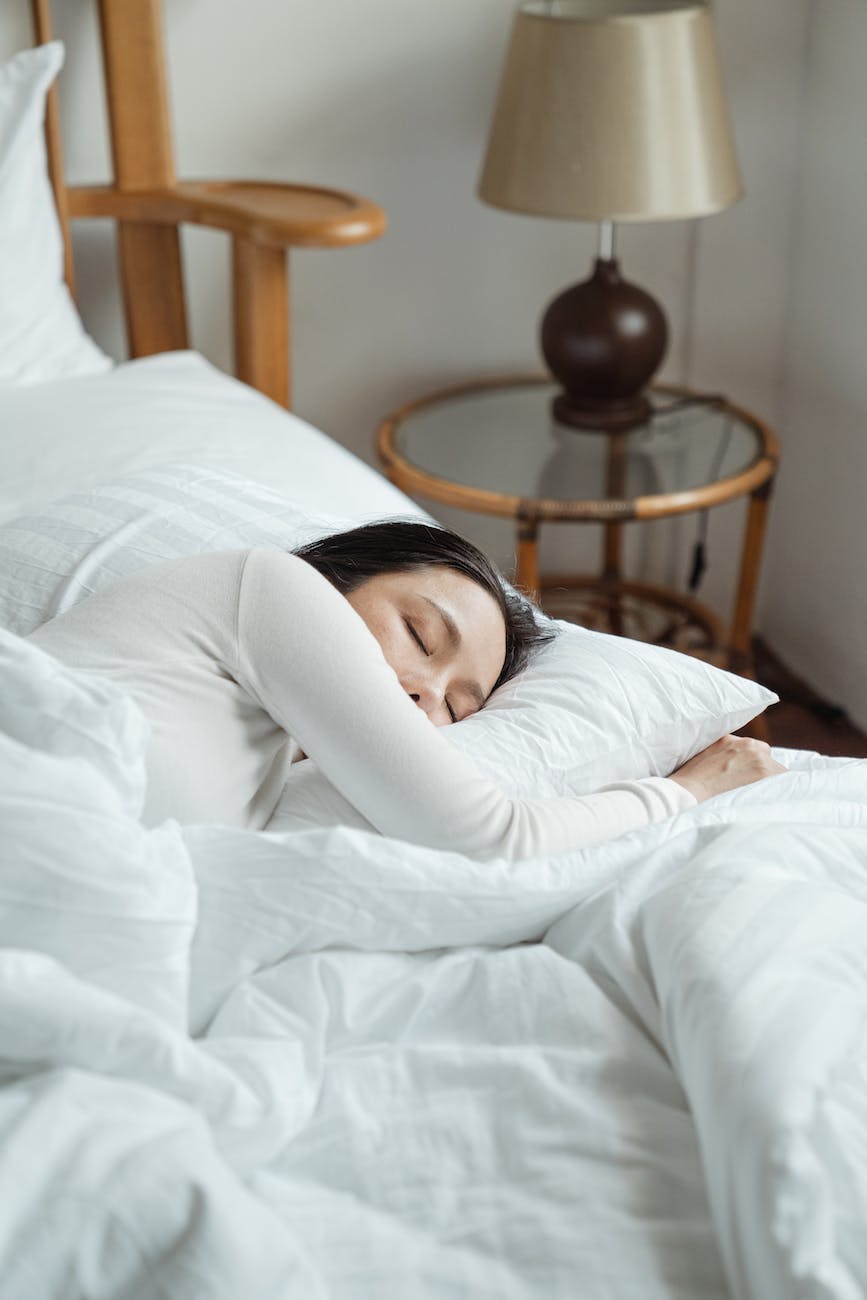
Chamomile, a herb that comes from the daisy-like flowers of the Asteraceae plant family, has been consumed for centuries as a natural remedy for several health conditions. Among these, its use for promoting sleep and treating insomnia is perhaps the most well-known. This article delves into the benefits of chamomile, particularly in relation to sleep, and explores its combination with other herbs like valerian root and passionflower.
The Sleep-Promoting Benefits of Chamomile
Chamomile is loaded with antioxidants that may play a role in sleep health. One of these antioxidants, apigenin, binds to specific receptors in your brain, potentially promoting sleepiness and reducing insomnia. This makes chamomile tea a popular beverage worldwide, especially before bedtime.
Chamomile and Insomnia: What Does Science Say?
Scientific studies have shown that chamomile can indeed help with sleep. For instance, a study found that postpartum women who drank chamomile tea for two weeks reported better sleep quality compared to a group that did not drink chamomile tea.
Chamomile and Anxiety
Apart from promoting sleep, chamomile has also been linked to benefits for anxiety reduction. Anxiety often leads to sleep problems, and drinking chamomile tea can help calm the mind, potentially aiding in better sleep.
Chamomile Combined with Other Herbs
Chamomile is often combined with other herbs in tea blends, including valerian root and passionflower, which are also known for their sleep-inducing properties. Valerian root, for example, has been used for centuries to treat problems like insomnia, nervousness, and headaches.
Chamomile and Valerian Tea
When combined, chamomile and valerian create a powerful, natural sleep aid. The calming effects of chamomile tea, coupled with the sedative properties of valerian root, can help to promote a deep, restful sleep. This combination can be particularly beneficial for those who suffer from insomnia or who have difficulty falling or staying asleep.
Chamomile and Passionflower Tea
Passionflower is another herb known for its calming effects. When combined with chamomile, it can further enhance the sleep-promoting properties of the tea.
How to Use Chamomile Tea for Sleep
Chamomile tea is a simple, effective, and delicious way to improve your sleep quality. Here’s how you can incorporate it into your bedtime routine:
Choosing Your Chamomile Tea
First, you’ll need to choose your chamomile tea. You can find chamomile tea in any grocery store, but for the best results, look for a high-quality, organic brand. This ensures you’re getting pure chamomile without any additives. Some brands even offer chamomile tea combined with other sleep-promoting herbs, like valerian root and passionflower, for an extra boost.
If you’re looking for the most potent sleep aid, consider using chamomile tea made from whole chamomile flowers. Chamomile flowers contain the highest concentration of beneficial compounds, making them more effective than teas made from crushed leaves or stems.
Brewing Your Chamomile Tea
To brew chamomile tea, boil water and pour it over your tea bag or loose leaf tea in a cup. If you’re using whole chamomile flowers, use about one tablespoon of flowers for each cup of water. Let it steep for about 5-10 minutes. The longer you let it steep, the stronger the flavor and effects will be.
When to Drink Chamomile Tea
For the best results, drink chamomile tea 30-60 minutes before you plan to go to sleep. This gives the herb time to start working. Make sure to give yourself enough time to enjoy the tea without rushing. The act of slowing down and savoring the tea can be a calming ritual in itself, preparing your mind and body for sleep.
Regular Use
While you might notice some improvement after a single cup of chamomile tea, its sleep-promoting effects can become more pronounced over time. Consider making chamomile tea a regular part of your bedtime routine.
Precautions
While chamomile tea is generally safe for most people, some may experience allergic reactions, especially those who are allergic to plants in the daisy family. Always consult with a healthcare provider before starting any new treatment to ensure it’s safe for you.
Remember, while chamomile tea can aid in sleep, it’s not a cure-all. If you’re experiencing severe sleep problems or insomnia, it’s important to consult with a healthcare provider.
Conclusion
In conclusion, chamomile, whether on its own or in combination with other herbs like valerian root and passionflower, can be a potent natural remedy for sleep issues. If you’re experiencing sleep problems or insomnia, consider incorporating chamomile into your bedtime routine. However, always consult with a healthcare provider before starting any new treatment to ensure it’s safe for you.
Frequently Asked Questions
- Does chamomile tea really help you sleep? Yes, chamomile tea contains an antioxidant called apigenin that binds to specific receptors in your brain, potentially decreasing anxiety and initiating sleep.
- What is the best way to use chamomile for sleep? The most common way to use chamomile for sleep is to drink chamomile tea 30-60 minutes before you plan to go to sleep.
- Can I combine chamomile with other herbs like valerian root and passionflower? Yes, combining chamomile with other herbs known for their sleep-inducing properties can create a powerful, natural sleep aid.
- Are there any side effects of chamomile tea? While generally safe for most people, some may experience allergic reactions to chamomile. Always consult with a healthcare provider before starting any new treatment.
Blog Tags
Chamomile, Sleep, Insomnia, Valerian Root, Passionflower, Herbal Remedies, Sleep Aid, Chamomile Tea, Natural Sleep Remedies, Anxiety, Sleep Quality, Bedtime Routine, Health Benefits.












